Shivering in a tent nearly 15,000 feet above sea level on the side of the highest mountain in Ecuador, Casey Decker ’18 reflected on the unexpected conversation that landed him there.
A few months earlier, Decker was leaving his Fundamentals of Geographic Information Systems (GIS) class when geography professor Jeff La Frenierre casually asked about his plans for the summer. The next thing he knew, the geology major was preparing for a three-week trip to study glacial ice melt and learn about how it will affect water quality and availability in the tropical Andes.

The project is a continuation of La Frenierre’s doctoral dissertation research and paired the Gustavus team with two researchers and a graduate student from the University of Minnesota for the trip, which took place June 21 through July 10.
The research team was based in the provincial capital of Riobamba and took daily excursions to identify proper sites to install new instruments, set up a weather station, collect water samples for hydrochemical analysis, and download data to measure the rate of ice melt and its corresponding effect on stream flow. The group also took a three-day, two-night camping trip to Mount Chimborazo in order to install glacier mass balance instruments.
“Our goal is to determine how much water comes directly from glacier ice and what it will look like as glaciers get smaller and smaller,” La Frenierre explained. “We’re trying to understand how glacial retreat will impact water supply now and in the future.”
The data collected by the team will allow for hydrological modeling so they can visualize how the melting glaciers affect groundwater movement and overland water flow. By taking samples from glaciers, streams, and springs, they are also gaining insight on how the composition of the water might change over time. The team’s overall aim is to understand the many implications of glacial melting and ultimately to provide information that will allow Ecuador’s population centers to adjust policy, development, and planning to best utilize their water resources.

Limited to the materials that they brought on the trip, the team had to be creative in their approach to installing equipment. Several times throughout the project, they visited local hardware stores to buy fasteners and cables they could repurpose to support their instrumentation.
“We had to have an idea of what we were doing but always stay flexible,” Decker said.
That flexibility is a big part of the reason that La Frenierre chose Decker for the trip. “I was impressed by his interest in environmental issues and how serious he was about his studies,” the professor recalled. “But field research is different than being in the lab. You sometimes realize that your carefully crafted ideas just aren’t going to work and you need to adjust on the fly.”
“You learn resilience by being out there and creatively solving problems,” La Frenierre continued. “It was great to take Casey to Ecuador and see him experience a new culture and the difficult research conditions that were thrown at us.”
A native of Mapleton, Minn., Decker is now planning to attend graduate school in geology or environmental studies, a possibility he hadn’t seriously considered before the research trip. At Gustavus, he’s also a starting outside linebacker on the Golden Gustie football team, a Collegiate Fellow residence hall adviser, and a member the Student Athlete Volunteer Educators (SAVE) and Geology Club.
“At Gustavus there are opportunities everywhere, but this research trip was incredible,” Decker said. “I mean, a professor just came up and asked me to go to Ecuador. That doesn’t happen everywhere.”
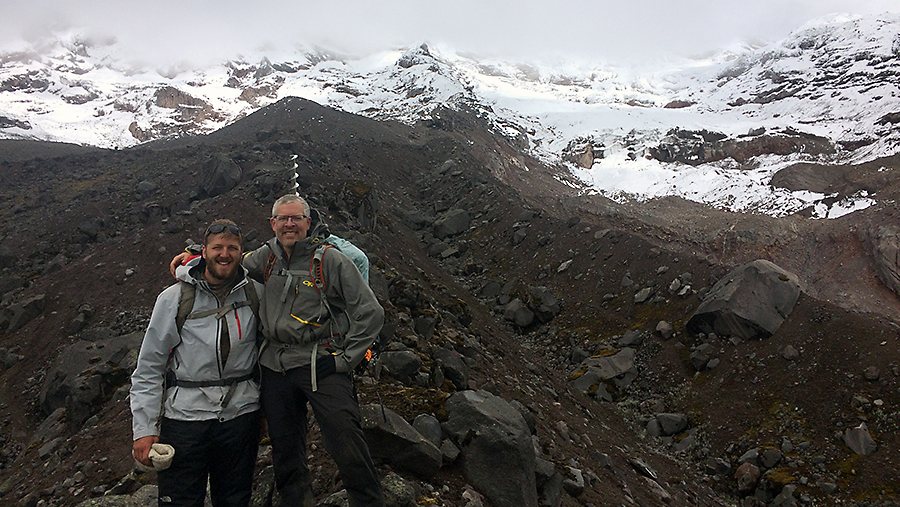
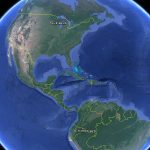
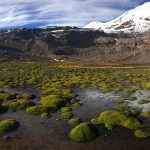
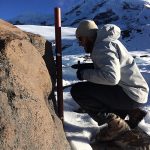
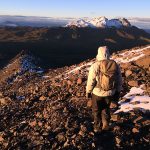
Leave a Reply